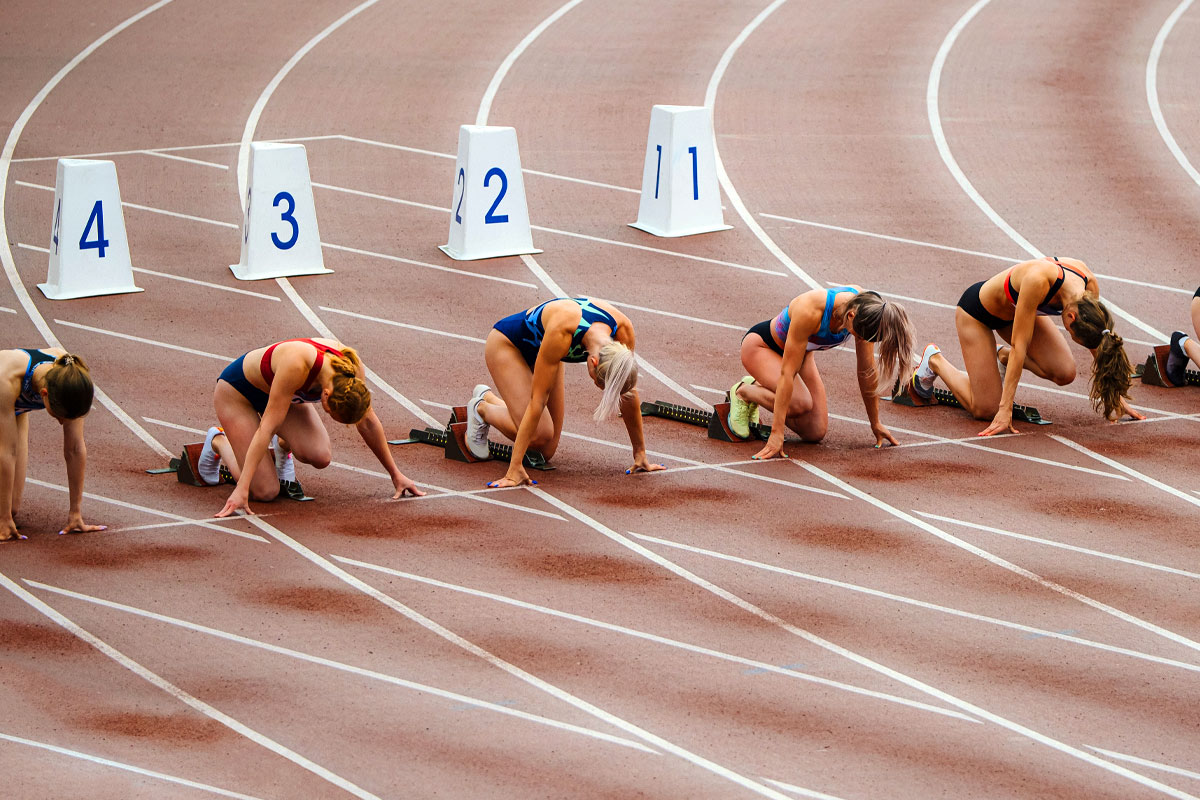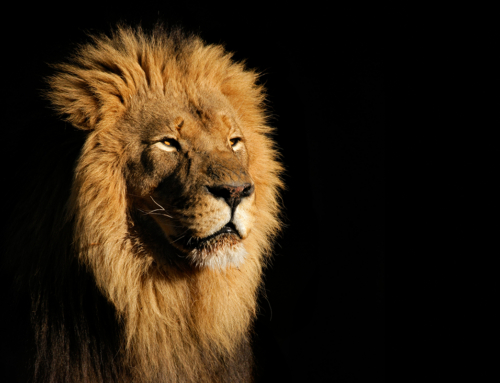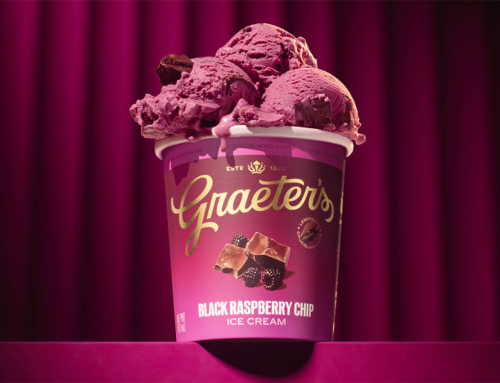Has Google stumbled out of the blocks in Olympic Games advertising for its Gemini AI product? I think so. Their ad fails the authenticity test required of association with the world’s greatest athletes.
Each Olympic athlete is a story of a dream pursued. That dream is authentic and made of sacrifices, disappointments, determination, successes and joy.
As the owner of a strategic marketing and public relations firm, we believe that authenticity earns the gold medal.
The introduction of generative AI in late 2022 is a new development for our industry. While the AI scorecard is, so far, incomplete, its long-term impact is expected to be significant.
The quest for authenticity so apparent in the stories of Olympic athletes and my deep interest in how AI will change my profession collided head-on recently in one Google ad during the Paris Olympic Games.
In this story by CNN’s Clare Duffy (“Google’s Olympic ad went viral for all the wrong reasons”), the author questions whether Google has stumbled out of the blocks in ads about its Gemini AI product.
In the ad, a father describes his daughter’s love for U.S. Olympic track athlete Sydney McLaughlin. It shows the cute-as-a-button little girl training to grow up and become her hero. Then you hear the dad’s voice saying, “she wants to show Sydney some love” and asks a Google Gemini chatbot to generate a letter from his daughter to the track star.
Really?
Can it be that we will live in a world where a father asks a chatbot to generate a deeply personal and sincere letter from his six-year-old daughter to her beloved athlete role model?
Duffy includes a quote from Will Leitch, founder of sports blog Deadspin, saying the Google commercial “takes a little chunk out of my soul every time I see it.” Duffy also quotes Shelley Palmer, a university professor of advanced media at Syracuse University’s S.I. Newhouse School of Public Communications, saying “I flatly reject the future that Google is advertising.”
The story includes, as it should, a Google spokesperson saying that the company believes “that AI can create a great tool for enhancing human creativity, but can never replace it.” Nice try, but that’s not the story told by the commercial.
Of course, the Olympic Games provides a massive platform for advertisers to reach millions upon millions of potential consumers. Many products receive high marks for being true to their product and its story. A handful are penalized.
That is what I think the final score will be for Google and its Olympic Gemini advertising campaign.
Athlete stories in the Olympic Games are about as authentic as it gets.
Successful brands also must be authentic. They must be relevant and competitive over time to deliver on their promise.
If Google is presenting what they believe to be an authentic use of their generative AI product, their Olympic dream will fall short.








